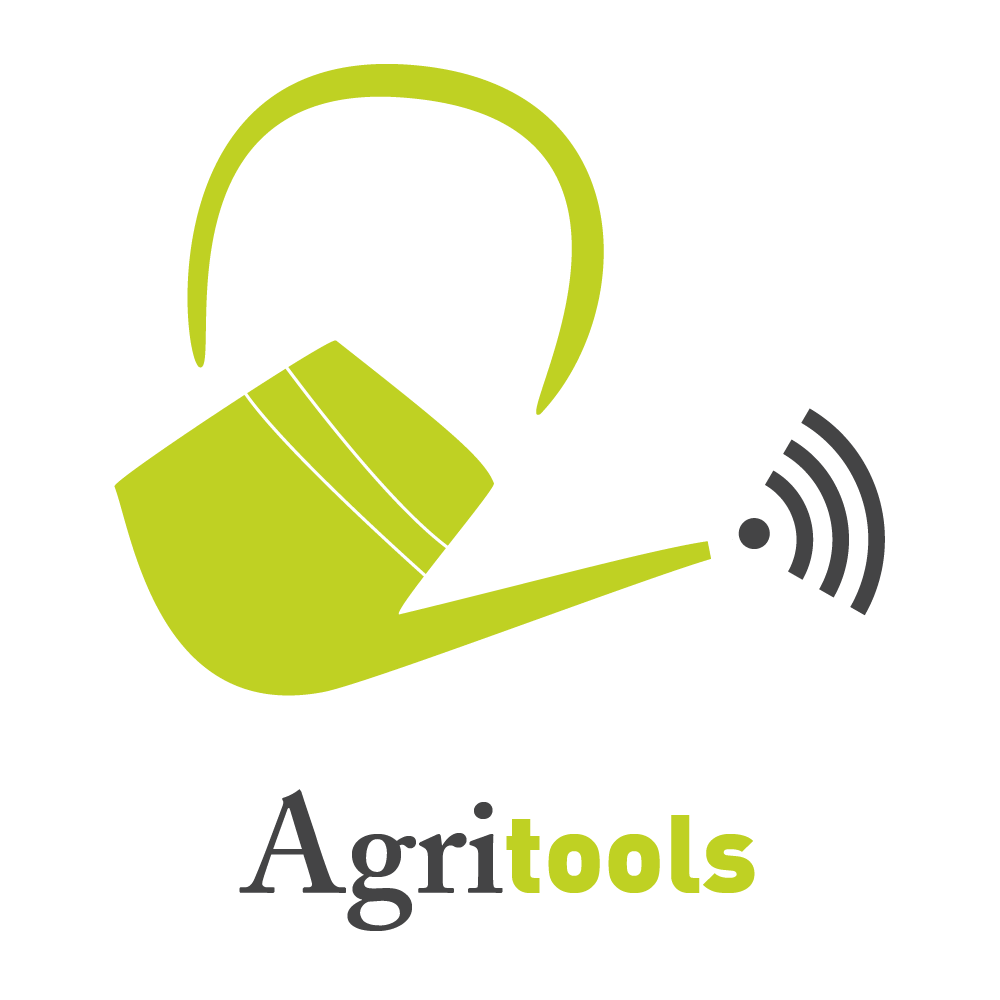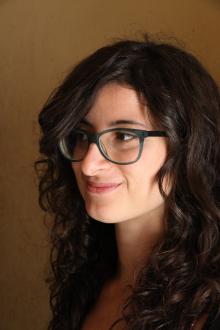My name is Elisabetta Demartis. I’m a passionate Italian girl about innovation and development who discovered Africa in 2013, when I moved to Nairobi for 3 months during the presidential elections.
The reason that pushed me there was the curiosity to study for my Master thesis how a crowdsourcing digital innovation like Ushahidi crowdmap was able to track disorders and events in the slums in order to prevent post-election violence. After my graduation in Development Economics I moved to Senegal in 2014 for six months, for a research project in partnership with my university (Univesity of Turin) and the Senegalese Institute of Agricultural researches (ISRA). The goal was to discover and map the local initiatives and enterprises working with the ICT in the primary sector.
My name is Elisabetta Demartis. I’m a passionate Italian girl about innovation and development who discovered Africa in 2013, when I moved to Nairobi for 3 months during the presidential elections.
The reason that pushed me there was the curiosity to study for my Master thesis how a crowdsourcing digital innovation like Ushahidi crowdmap was able to track disorders and events in the slums in order to prevent post-election violence. After my graduation in Development Economics I moved to Senegal in 2014 for six months, for a research project in partnership with my university (Univesity of Turin) and the Senegalese Institute of Agricultural researches (ISRA). The goal was to discover and map the local initiatives and enterprises working with the ICT in the primary sector.
At this point I understood how important could be the technological innovation for the most important and profitable sector in Africa: agriculture. During my stay in the West African country, I got in contact with many passionate young people coming from different education backgrounds: informatics, economics, development, agronomics and journalism. All of them had the same ideas: exploring new business opportunities in the primary sector (agriculture, livestock and fisheries), by finding local solutions for local problems and using ICTs as tools of action.
During my stay in Senegal I wrote another project with the same aim, even though we needed to visit other African countries and see what other people with different languages and culture do. Discover, study, give relevance to this wonderful youth initiatives in the agriculture sector and link them to each other was my main objective and so it was that my idea was trusted by the European Journalism Centre and the Bill and Melinda Gates Foundation, allowing me to put in practice my belief and give birth to Agritools.
The Agritools Project
 Agritools is the first multimedia research project that tries to explain how African tech innovations and technology-based startups are revolutionizing the agribusiness sector and promoting the development of cultural values and rural policies.
Agritools is the first multimedia research project that tries to explain how African tech innovations and technology-based startups are revolutionizing the agribusiness sector and promoting the development of cultural values and rural policies.
The project visits some cutting edge African countries in the use of ICTs in this sector and maps major innovative projects. Aside from covering these stories, the main objective of Agritools is to investigate the impact resulting from this digital revolution on lives of local people and on their relationship with the land, food and traditions.
More than eight stories are covered from four different African countries, together with two research trips to the Technical Centre for Agricultural and Rural Cooperation (CTA) in Wageningen (Netherlands) and the Food and Agriculture Organization of the United Nations in Rome (FAO) in Rome (Italy).
The projects that are looked at in each country are several, as Sooretul and Daral Technologies in Senegal, Farmerline and Moringa Connect in Ghana, Ensibuuko and FIT Uganda in Uganda, KRDP and ADS ICT Programme in Kenya. What are the major advantages resulting from the use of these ICTs? Can they be useful tools of promoting employment of youth in the agricultural areas? How can be the next development actions of the international development sector to efficiently promote this innovative sector? Are these projects and their business models sustainable?
Agritools wants to make the results, usually defined within the universities and private sector, accessible to everyone. For this reason, besides the video publication on the map, all the reportages will be published in national and international newsrooms with the aim of reaching not only the experts of the sector, but also the general public audience.
The project makes use of two research tools:
- An interactive map of Africa, where we broadcast short video documentaries with stories covered from Senegal, Kenya, Uganda and Ghana and a space with the research trip videos from Netherlands and Italy.
- A crowdsourced storytelling space in collaboration with e-agriculture, where we collect stories from the field by giving voices to the African ICT for agriculture initiatives and inserting them into the map.
Apart from this investigation, our objective is to map the innovative stories and the factors that lead them to succeed. We want to create a tool of interaction and a network of people who work in the sector, where youth can understand the real value of working in agriculture and learn more through our research videos and stories. The project has just been launched and research material like videos, reportages and pictures will be constantly published in the coming months.
Why ICT and agriculture?

I believe that agriculture, generally considered as an occupation for the old generation with few possibilities of success, is changing today into a huge opportunity for the young generation to create new business paths. Young Africans need to recuperate their land, give value to it and help bottom up local development, where technology and innovation are able to offer new and fun solutions.
Be part of it!
What is missing at an interaction level is a network and a platform where youth can interact and exchange ideas and possible solutions. Agritools is trying to solve this gap.
If you are a startup, a group of young people, a farmer or an organization that leads an ICT project in the primary sector (agriculture, fisheries or livestock) please, write your story and send us your experience. You will be published on the Agritools map and in e-agriculture platform, with the possibility to be part of an innovative network and give visibility to your project!
The next Agritools step will be the creation of local hubs of young people interested in the topic, who will be able to explore the sector and sensitize other youngsters to work in agriculture. We are open to welcome people from all over Africa, so if you are interested to create a local group and replicate Agritools in your country, or you just want to have more general information, please write an email to: This email address is being protected from spambots. You need JavaScript enabled to view it., we are looking forward to your feedback!

